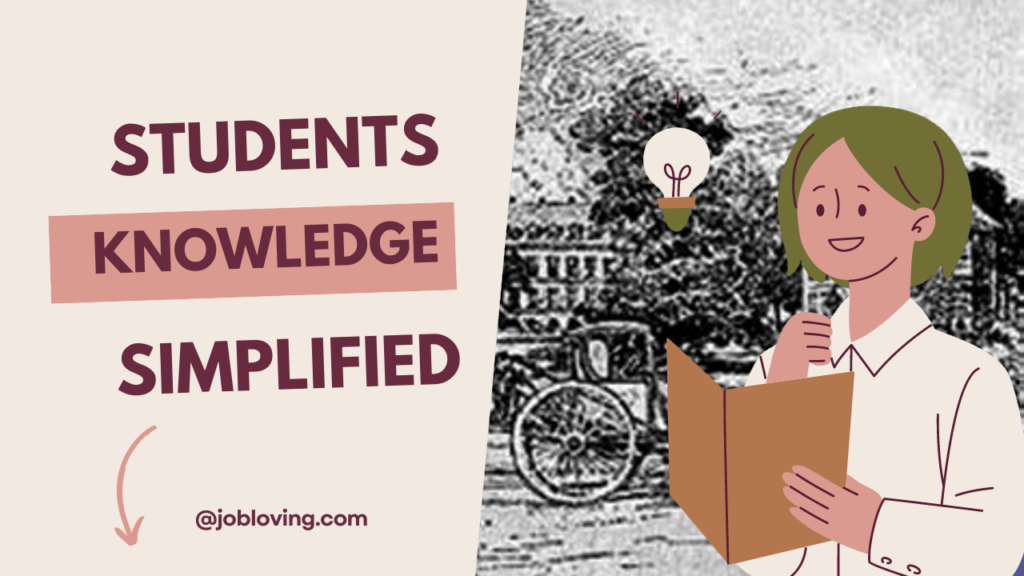Thomas Jefferson, one of America’s founding fathers, embarked on his academic journey at the esteemed College of William and Mary in Williamsburg, Virginia, at the tender age of sixteen. Between 1760 and 1762, he dove into a diverse curriculum that profoundly shaped his intellectual persona and laid the groundwork for his later contributions to American thought and governance. His studies went far beyond the ordinary, encompassing mathematics, natural philosophy (which is basically what we now call science), and political philosophy.
In the company of Scottish scholar William Small, Jefferson delved into the realms of rational thought and useful knowledge, becoming intimately acquainted with revolutionary Enlightenment thinkers like Locke, Bacon, and Newton. This exposure to Enlightenment philosophy was pivotal, illuminating his understanding of liberty and human rights that would later resonate through the Declaration of Independence. Remarkably, Jefferson’s high work ethic even drove him to study for a staggering 15 hours a day, constantly seeking knowledge and deeper understanding.
Not only did Jefferson engage with philosophical texts, but he also acquired practical knowledge as he transitioned into legal studies under George Wythe for five years after his time at William and Mary. The principles he absorbed from Wythe complemented the earlier teachings from Small, solidifying his grasp of essential legal frameworks pivotal for a burgeoning nation. Thus, the synthesis of Enlightenment thought and legal principles in his writings reflects not just a love for knowledge, but a vision for American democracy that would pave the way for centuries to come.
Moreover, Jefferson’s educational journey was anything but conventional, as he and his peers engaged in communal meals and prayers, fostering a sense of community while navigating the turbulent political climate of their time. This backdrop of shared values and camaraderie enriched his time at college, contributing to his well-rounded education.
It’s fascinating to note that Jefferson valued practical knowledge over formal degree attainment; while the gentry class prioritized a “gentleman’s education,” he believed in a more inclusive approach. He later voiced his regret that his vision for a comprehensive public education system wasn’t realized during his lifetime, recognizing that a knowledgeable populace was critical for a thriving democracy.
Ultimately, Jefferson’s studies at the College of William and Mary were a blending of intellectual curiosity and practical knowledge, an eclectic mix that nurtured a multifaceted approach to education. His keen interest in science and philosophy significantly influenced not just his writings, but also his vision of governance, ensuring his everlasting impact on the American narrative. Jefferson’s intellectual legacy serves as a reminder of the power of education in shaping not just individuals but entire societies.
How did Jefferson’s college education influence his political philosophy and writings?
Jefferson’s college studies in mathematics, natural philosophy, and political philosophy provided a foundation for his future writings. The influence of Enlightenment thinkers during his education shaped his views on liberty and human rights, which he later articulated in significant documents like the Declaration of Independence.
What role did mentorship play in Jefferson’s educational journey?
Mentorship was crucial in Jefferson’s education, particularly through figures like Dr. William Small and George Wythe. Small introduced him to rational thought and influential Enlightenment ideas, while Wythe provided essential legal principles, enriching Jefferson’s understanding and shaping his intellectual development.
In what ways did Jefferson’s studies reflect a holistic approach to education?
Jefferson’s education integrated various disciplines, including arts, sciences, and philosophy. His studies in natural philosophy encompassed physics and metaphysics, while moral philosophy included rhetoric and ethics, showcasing his broad intellectual curiosity and commitment to a well-rounded education.
How did Jefferson’s educational philosophy impact his vision for public education?
Jefferson advocated for a comprehensive educational system that emphasized enlightenment for the general populace rather than a select few. He believed in public funding for academies and universities based on merit and expressed regret that his vision for broad public education was not realized during his lifetime, highlighting the importance of a well-informed public for societal progress.

